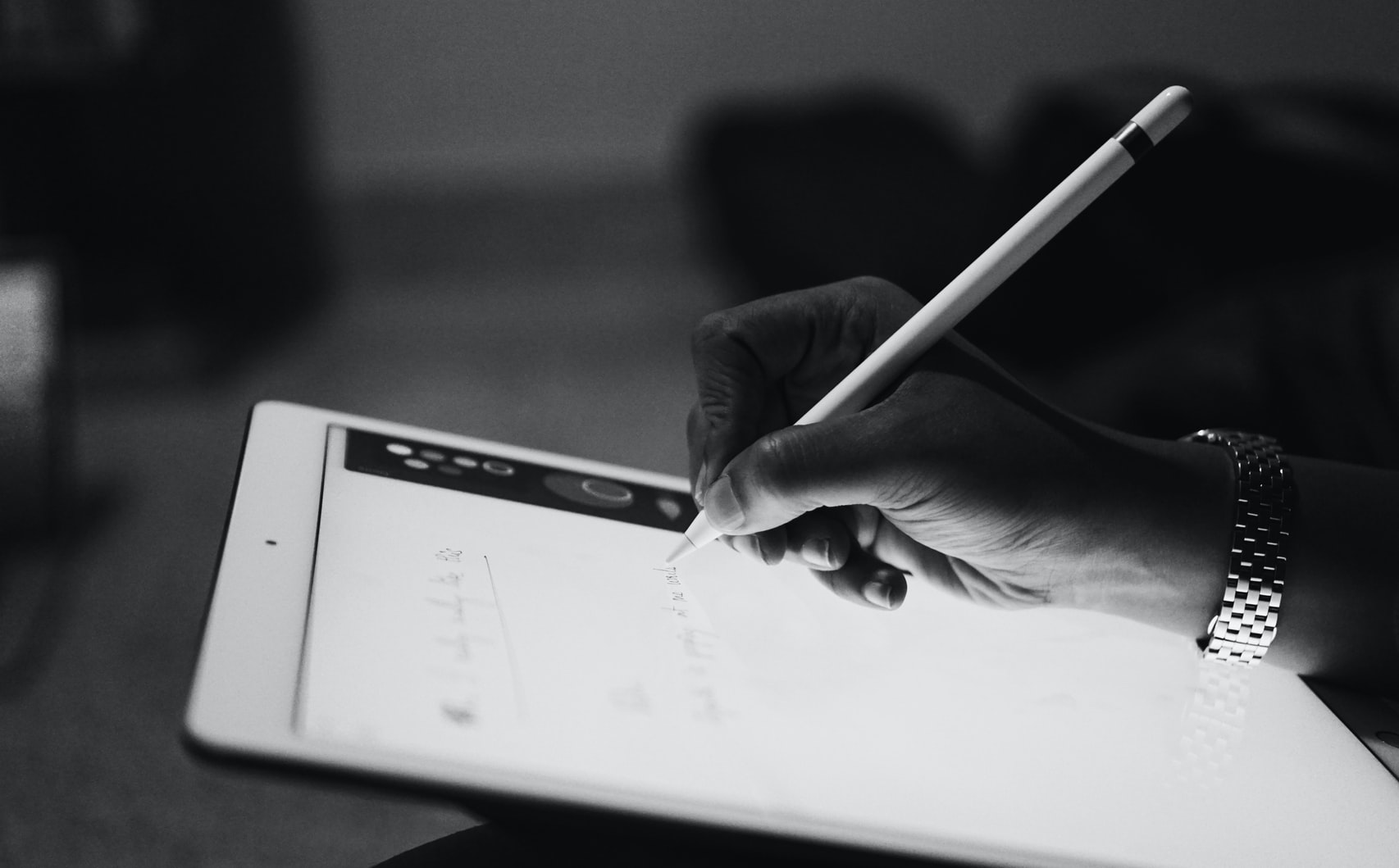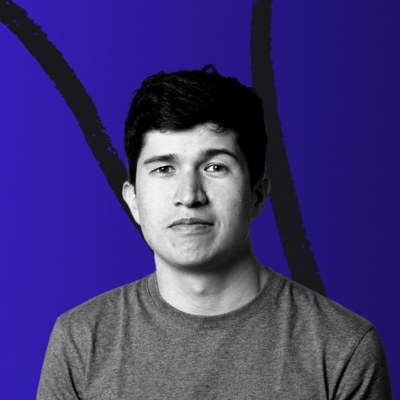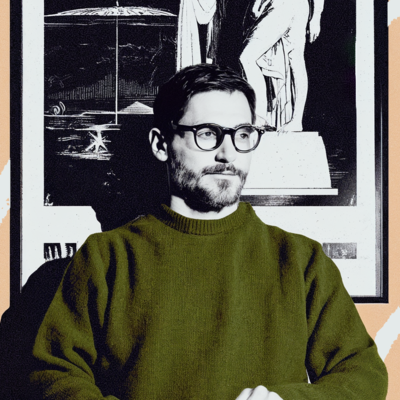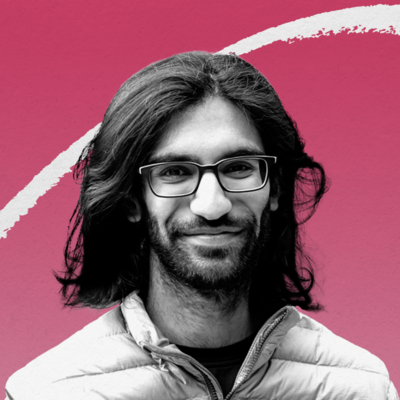
Hello!
Welcome back to Action Items a series of articles where we condense and extend each of our interviews into actionable bullet points—only for paid subscribers.
This week we’re covering one of our most popular interviews ever: How to Build a Learning Machine with Simon Eskildsen.
Simon is a curiosity machine, and he’s built a collection of systems to help him learn new things and apply everything he knows. He uses Readwise, Anki, and a custom-built Zettelkasten at a world-class level—meaning this interview is filled with great takeaways.
Today’s Action Item is 699 words—that’s 3 minutes and 29 seconds of actionable learnings.
Let’s dive in!
📖 Progress Over Process
Simon wants to have a T-shaped personality—so he reads widely rather than deeply.
He reads 30-50 books a year, but he doesn’t follow a fancy process to help him prioritize what to read next. Instead he:
- Follows whatever is most fascinating to him at the time
- Reads about the same topic from different authors so he doesn’t have to trust just one person’s perspective
- Reads along lines of inquiry to learn about interconnected topics
- Sends sample chapters of books to his Kindle to try out before he commits to the entire thing
🤓 Dan's Take
- Any time you’re dealing with a high-upside, low-downside bet—like which books to read next—it’s usually far more valuable to skip the process and just make a decision.
- Simon’s preference to skip the process and just read whatever is most fascinating to him is exactly the right one: if he finds that he’s making a mistake he can always just put the book down.
🧠 Read for retention
If reading is Simon’s superpower, highlighting is his secret weapon. He highlights everything he finds important on his Kindle, which is then automatically imported into Readwise, where he can tag, sort, and track his highlights.
Actionable Takeaway
- He often tags highlights with #flash, and then periodically turns them into flashcards in Anki.
- This helps him resurface the nearly 10,000 he’s amassed so that he can apply them better in his day-to-day life.
📕 Read: How Jeopardy! Champion Roger Craig uses spaced repetition to remember everything
🤯 Zettlekasten for big ideas
To keep track of big ideas he custom-built a Zettlekasten system, using Markdown. “If I’m writing a presentation, thinking about a problem, or doing any kind of creative work, my Zettelkasten is a gold-mine,” Simon says.
🔨 USE IT
- Simon keeps his Zettelkasten system as an open source project on GitHub. You can download it yourself here.
🤓 MY REACTION
- I frequently see people with programming backgrounds like Simon roll their own systems (for example: Caesar Bautista) and I think there’s a lot of merit in a plain-text second brain that lives on your desktop.
- Searches tend to be faster, input tends to be faster, and you never have to worry about the service you’re using suddenly getting shut down.
- But it’s not very user friendly, and usually mobile input is a pain. So if you’re non-technical and want a similar experience, I recommend using Roam.
📕 Read: Forget Forgetting. Build a Zettelkasten.
☀️Automating language learning
English isn’t Simon’s first language, so he’s built a system to help him enlarge his vocabulary.
- Whenever he encounters a word he doesn’t know, he tags it as #term in Readwise
- Then he’s built a script to automatically fill out an Airtable with each of those words, their pronunciation, and their definition
- Then he manually adds words he wants to remember into Anki to review
It’s complicated—but it’s an effective system even if you’re trying to use more words in your first language.
😍 Cool Tool
Simon uses a reMarkable tablet to dig into dense PDFs or Google docs that are hard to parse on a Kindle. He finds it a better reading experience for those formats than a laptop, in most cases.
📣 Key Takeaway
“I think memory is underrated… knowing all of these facts becomes a kind of memory connector. It gives you this web of facts for you to put new information into context, and answer questions with deduction without having to go look something up.”
🧠 Questions for Reflection
How can you develop a habit of curiosity like Simon’s? What would it add to your life?
What new topics are you curious about exploring and learning about in your life right now?
Reply to this email or leave a comment. I’d love to hear from you.
For the full story on Simon and how he came to organize his own brain so effectively, (plus, the details on his project to cook a dinner from every country in the world) read the full article here.
News From Around the Bundle
The Everything bundle is growing quickly, and as part of your subscription you get automatic access to every new writer, article, and show that gets added. Here are a few you should pay attention to:
- How I Spend 5 Minutes A Day on Email, by Nat Eliason in Almanack
- Dealing with Co-Founder Resentment, by Jerry Colonna and Andy Sparks
- Ask a Journalist, a live event on writing with award winning journalist John H. Richardson, hosted by Rachel Jepsen of The Long Conversation (I’ll be there live too!)
But that’s not all! The Everything bundle now includes 10 newsletters and shows. Find more here.
This article was co-written by Dan Shipper and Annaliese Griffin
The Only Subscription
You Need to
Stay at the
Edge of AI
The essential toolkit for those shaping the future
"This might be the best value you
can get from an AI subscription."
- Jay S.
Join 100,000+ leaders, builders, and innovators

Email address
Already have an account? Sign in
What is included in a subscription?
Daily insights from AI pioneers + early access to powerful AI tools










Comments
Don't have an account? Sign up!